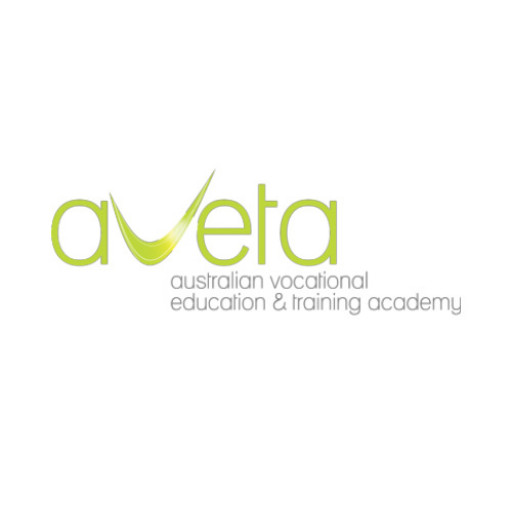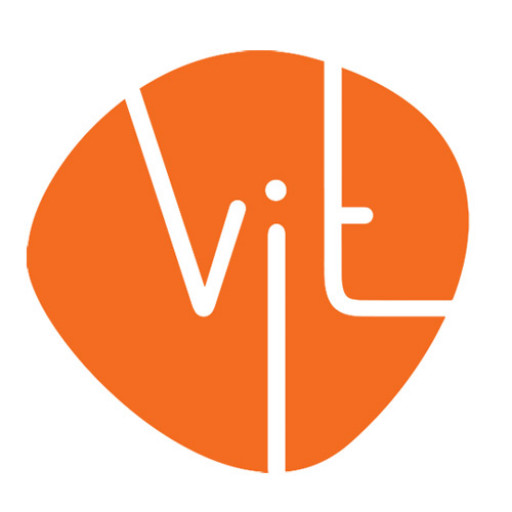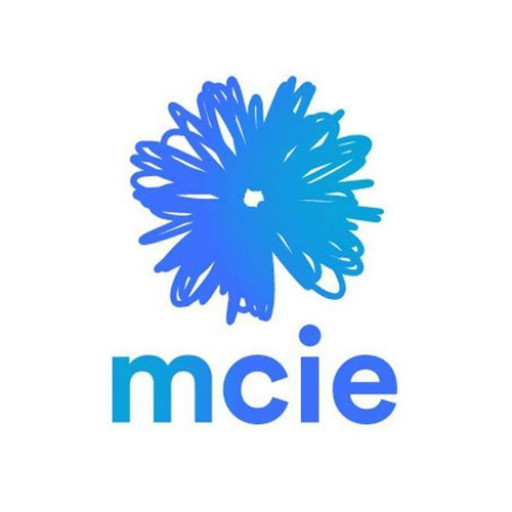Commercial Cookery is a comprehensive program designed to equip students with the essential skills and knowledge required to excel in the dynamic hospitality and culinary industry. This qualification provides aspiring chefs with practical experience in preparing, cooking, and presenting a wide range of dishes, from traditional to contemporary cuisines. Throughout the course, students will develop a strong foundation in food safety and hygiene, kitchen operations, menu planning, and kitchen management, preparing them for various roles within commercial kitchens, including cook, chef de partie, or sous chef.
The program emphasizes hands-on learning through workshop-based training, ensuring students gain real-world experience in a professional kitchen environment. Students will learn to operate commercial kitchen equipment, understand ingredient sourcing, and develop their palate to create flavorful and visually appealing dishes. Additionally, the curriculum covers important aspects such as workplace safety, sustainability in food practices, and customer service, making graduates well-rounded professionals ready to meet industry standards.
Participants will also have opportunities to undertake placements in hospitality settings to apply their skills in real industry contexts. This experiential learning is vital for building confidence and understanding the operational aspects of commercial kitchens. The program is suitable for individuals passionate about food and cooking, aiming to pursue a career in restaurants, hotels, catering companies, or other food service establishments.
Graduates of this Commercial Cookery program will be qualified to seek employment as a qualified cook or chef in various settings. The qualification can serve as a stepping stone towards further specialized training or advanced culinary qualifications, opening avenues for career advancement within the hospitality industry. With a focus on practical skills, industry-standard techniques, and professional conduct, this program prepares students to thrive in a competitive and ever-evolving culinary landscape.
The Commercial Cookery program is a comprehensive course designed to equip students with the essential skills and knowledge required to excel in the hospitality and culinary industries. Throughout the program, students will learn the fundamentals of food preparation, cooking techniques, and kitchen management, enabling them to confidently work in a variety of commercial cooking environments such as restaurants, hotels, cafes, and catering services. The curriculum covers a broad range of topics including hygiene and safety standards, nutrition, menu planning, food presentation, and customer service. Students will gain hands-on experience in professional kitchen settings, preparing and presenting a wide array of dishes from different cuisines. The program emphasizes practical skills development through workshops, practical assessments, and real-world industry placements which allow students to apply their learning in real-time scenarios. Additionally, students will develop critical skills in teamwork, communication, and problem-solving, which are essential for success in the fast-paced culinary industry. Upon successful completion of the program, graduates will be qualified to undertake roles such as chefs, cookery assistants, and kitchen supervisors. The qualification also serves as a pathway to further studies in hospitality management or advanced culinary techniques. The Commercial Cookery course is ideal for individuals passionate about creating delicious food and seeking to build a rewarding career in the culinary arts. The program combines theoretical instruction with practical application, ensuring students are job-ready and capable of meeting industry standards and expectations. With a focus on quality, safety, and innovative cooking practices, this program prepares students to thrive in the competitive food service industry.
The Commercial Cookery program offered by Australian Careers Education Pty Ltd is designed to equip students with comprehensive skills and knowledge necessary for a successful career in the hospitality industry, specifically in the area of commercial cooking. The program emphasizes practical culinary techniques, food safety and hygiene practices, menu planning, and the management of kitchen operations. Students will undertake a combination of theoretical coursework and hands-on cooking practice to develop competencies that meet industry standards. Throughout the course, learners will study a variety of cooking methods including baking, grilling, sautéing, roasting, and sous vide. The curriculum also covers the selection and presentation of ingredients, nutrition considerations, and the importance of sustainability in food production.
Participants are expected to complete several core units, which include but are not limited to Introduction to Commercial Cookery, Food Safety and Hygiene, Prepare and Present Food, Prepare and Cook Stocks, Soups and Sauces, Prepare and Cook Meat and Alternatives, and Present Food for Service. The program requires students to demonstrate competence in food handling, safe operation of kitchen equipment, and effective communication within a team environment. In addition to technical skills, students are trained in customer service principles, cost control, and workplace safety compliance.
Assessment methods include practical cooking assessments, written tests, project work, and observation of workplace performance. To successfully complete the program, students must pass all modules and demonstrate proficiency in both practical and theoretical components. Many courses also incorporate industry placements to provide real-world experience and facilitate employment opportunities post-graduation. Entry requirements typically include a minimum age of 17 years and basic literacy and numeracy skills. Upon graduation, individuals can pursue employment as chefs, kitchen supervisors, or food service managers in restaurants, hotels, catering companies, and other food service establishments. The program adheres to national vocational education standards and aligns with industry needs to ensure graduates are employment-ready and capable of contributing effectively to the hospitality sector.
The financing options for the Commercial Cookery program are designed to accommodate a diverse range of students and their financial circumstances. Students may access various funding avenues, including government subsidies such as the Australian Government's Free TAFE initiatives and other state-based programs aimed at reducing the financial barriers to acquiring vocational education. Additionally, students can explore federal and state-funded loan schemes, which allow for income-driven repayment plans, making the program more accessible to those who might not afford the upfront costs. Many institutions offer Payment Plans or fee installment options, enabling students to spread out the cost of tuition over a designated period, thereby easing the immediate financial burden. Some students may also be eligible for scholarships or bursaries that recognize academic achievement, financial hardship, or specific demographic criteria, which can significantly offset the overall expense of the program. Private financing options, including education loans from banks or financial institutions, are also available to students who meet certain credit conditions. Furthermore, students involved in apprenticeships or traineeships linked to the Commercial Cookery program can often have their training costs subsidized or fully funded by their employer or through government incentives. It's recommended that prospective students consult the institution’s financial aid office or official website to obtain the most current and comprehensive information on available financing options, eligibility requirements, and application procedures. Budgeting and financial planning services are typically provided to assist students in understanding the costs associated with the course, including tuition fees, materials, uniforms, and other expenses, to ensure they are well-informed before commencing their studies. Overall, the financing of the Commercial Cookery program is structured to promote equitable access, supporting aspiring chefs and hospitality professionals in developing their skills without undue financial hardship.
Commercial Cookery is a practical training program designed to equip students with the essential skills and knowledge required for a successful career in the hospitality industry, specifically in the preparation and presentation of food in commercial kitchens. This program focuses on developing both culinary techniques and understanding of food safety, hygiene, and workplace practices, preparing graduates to work in a variety of settings such as restaurants, hotels, catering companies, and other food service establishments. The curriculum typically covers a broad range of topics including food preparation, cooking methods, menu planning, nutrition, and kitchen management. Students learn traditional and contemporary culinary skills, including baking, pastry arts, seafood preparation, and meat cookery, alongside skills in teamwork, communication, and customer service, which are vital for working in dynamic hospitality environments. Practical components usually involve extensive hands-on training in fully equipped kitchens, enabling students to apply their theoretical knowledge in real-world scenarios, honing their skills under the supervision of experienced instructors. The program often includes work placement opportunities, allowing students to gain valuable industry experience, build professional networks, and improve employability. Certifications obtained from completing a Commercial Cookery program often include nationally recognized qualifications such as Certificate III in Commercial Cookery and Certificate IV in Commercial Cookery, depending on the level of study. These qualifications serve as a pathway for further education or direct employment, providing a strong foundation for those aspiring to progress into higher roles such as head chef or restaurant manager. The program emphasizes food safety standards, sustainability practices, and contemporary culinary trends to ensure graduates are well-prepared for the evolving demands of the hospitality sector. Overall, Commercial Cookery offers a comprehensive mix of practical skills, industry knowledge, and professional development opportunities, making it an ideal pathway for individuals passionate about pursuing a career in the culinary arts.









